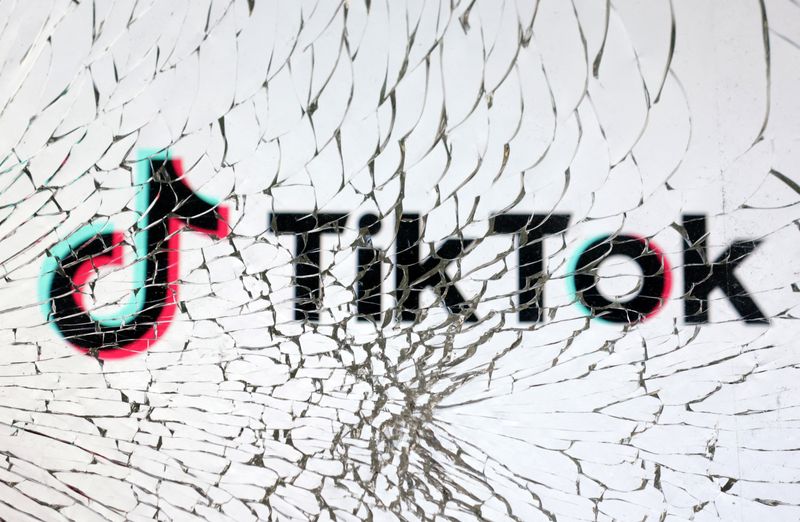This post was originally published on this site

Investing.com — Shares in social media companies rose in premarket trading on Wednesday after The Wall Street Journal reported that the U.S. may ban Chinese-owned TikTok, removing a key source of competition for advertising dollars.
By 08:20 ET, shares in Facebook and Instagram owner Meta Platforms (NASDAQ:META) were up 1.5%, while shares in Snapchat owner Snap (NYSE:SNAP) were up 6.3%, and Pinterest (NYSE:PINS) stock was up 2.0%.
The WSJ reported late on Wednesday that the U.S. is preparing to ban the TikTok app in the U.S. on national security grounds, unconvinced by the safeguards given by its current Chinese owner ByteDance over the safety of user data. TikTok later confirmed the report.
The two sides have been in discussions for months over the risk of the Chinese government gaining access to such data, given that Chinese law explicitly requires companies to comply with government requests. The app has already been subjected to a lengthening list of bans on devices used by western officials. A ban on its use by EU Commission officials is expected to be followed by a similar one in the U.K., Sky News reported on Thursday.
The rise of TikTok and increased competition for advertising was a key factor behind the sharp declines seen last year in Meta and Snap stock. As such, it was one of the factors behind the radical cost-cutting measures announced by Mark Zuckerberg’s company in the last four months. Those have included two huge rounds of job cuts, laying off over 23,000 people.
Analysts argued that a ban remains unlikely, given the state of U.S. law. A previous attempt by the Trump administration to ban TikTok fell foul of the so-called Berman amendments, which barred executive action in such cases. While draft legislation currently before Congress would possibly allow the Biden administration to get around Berman, it’s not likely to lead to a TikTok ban in the near term, Benchmark analysts said in a note to clients. Neither party will want to rile Gen Z voters before the 2024 elections, they argued.
At the same time, they argued, political press in China means ByteDance is unlikely to agree to any sale, which would involve handing over valuable intellectual property to U.S. rivals. Currently, ByteDance stores U.S. data on servers in the U.S. operated by Oracle (NYSE:ORCL).


